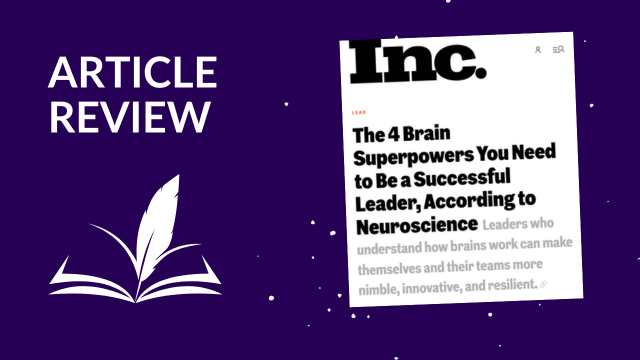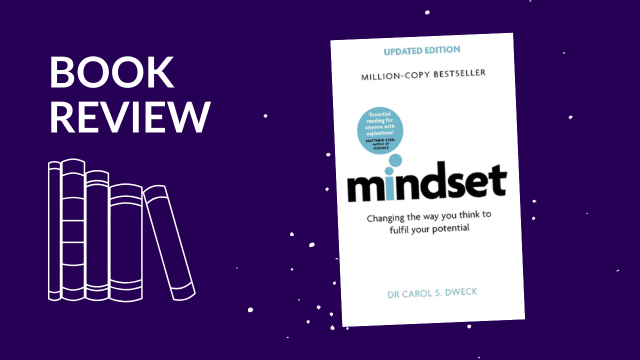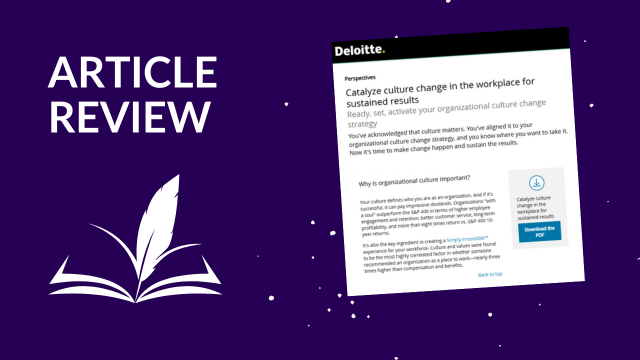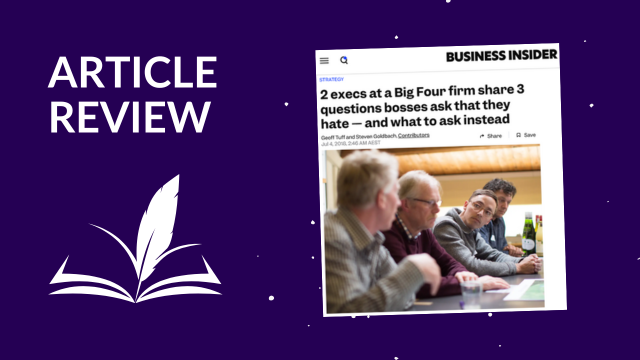The 4 Brain Superpowers You Need to Be a Successful Leader, According to Neuroscience by Leigh Buchanan may be written for leaders, but its lessons are important for us as change management practitioners as well.
In order to improve their resilience and their performance, Buchanan calls for leaders to intentionally work to develop their neuroplasticity “by focusing attention on and repeatedly practicing new, desirable behaviors;” brain agility, by maintaining focus on a single problem at a time, looking at it from different angles, and bringing additional perspectives to bear from other team members; mindset mastery, by which she means maintaining a growth (vs. fixed) mindset; and simplicity.
Buchanan makes two additional points that are important for both leaders and change practitioners. First, it is possible to bring these lessons to bear across the organization. “For example, by creating cross-functional work programs they help employees forge new neuro-pathways and develop brain flexibility as they master unfamiliar knowledge and skills.” Second, she quotes Tata Swart, a neuroscientist, executive coach, and lecturer at Sloan School of Management (MIT), “If you are in a really exciting environment where you have got lots of the hormone oxytocin flowing around your organization, you are more likely to make decisions that are not based on scarcity and survival but on abundance.” The result, says Buchanan, is that in such environments, risk-taking and innovation flourish.
For me, this article reinforces yet again the importance of ensuring that our own development as change practitioners is open to the wisdom garnered by other professions as well as by our own.







